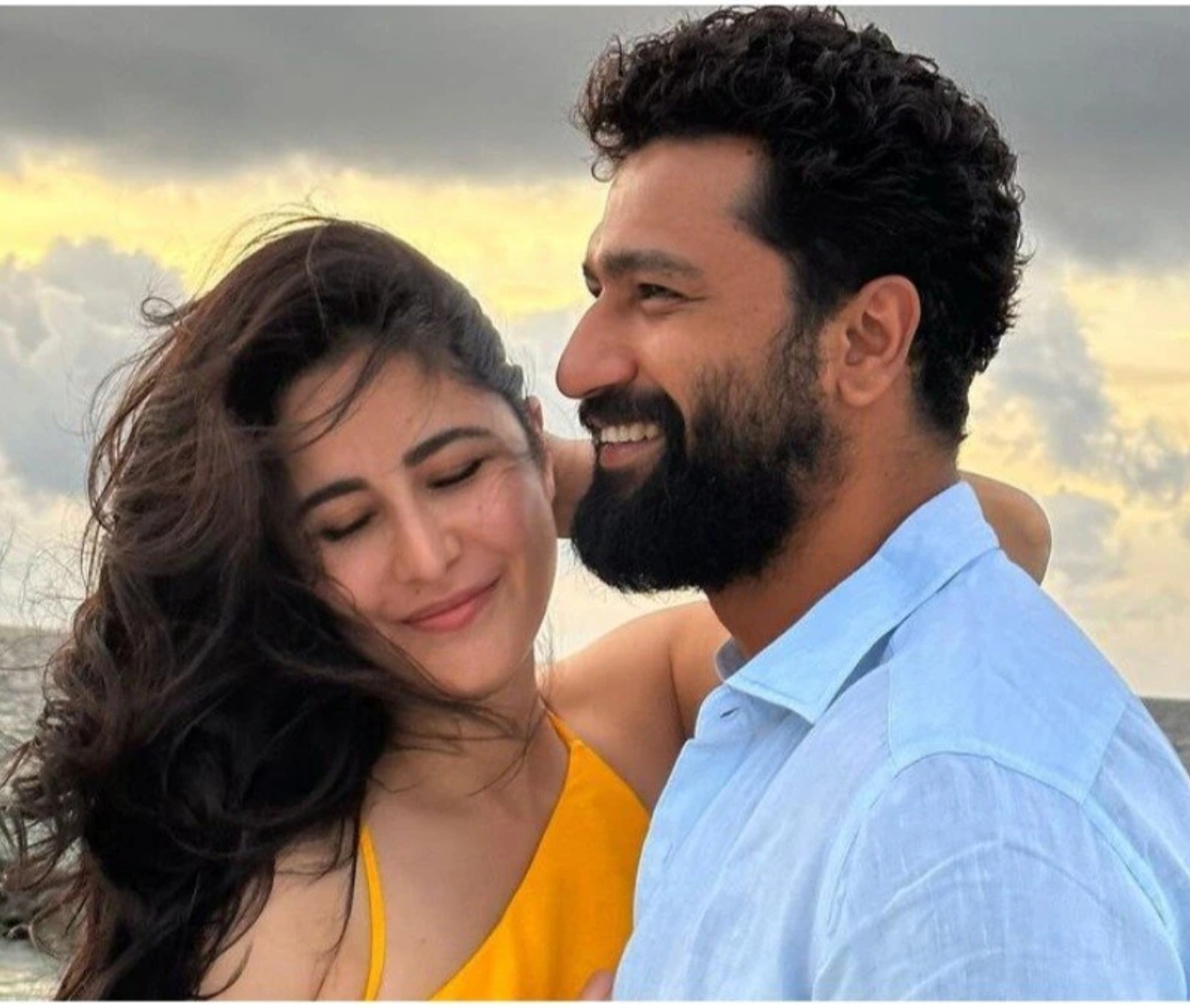Sri Lanka is set to vote for a new president on Saturday, September 21, marking the first presidential election since the country’s devastating economic collapse in 2022. With 38 candidates vying for the top seat, the election is critical for the island nation as it attempts to recover from an unprecedented financial crisis.
Voting Process and Expectations
Polling stations across Sri Lanka will open at 7 am local time and close at 4 pm, after which the counting of votes will begin. The results are expected by Sunday, as reported by the Associated Press. Of the country’s 22 million citizens, approximately 17 million are eligible to vote in this landmark election.
The election will determine Sri Lanka’s 10th president, with key issues such as inflation, shortages of food and fuel, and social welfare schemes being at the forefront of voters’ minds. These concerns have been driving the nation’s political discourse since the economic downturn last year.
Key Candidates in the Presidential Race
Leading the race for the presidency are three prominent figures: sitting President Ranil Wickremesinghe, opposition leader Sajith Premadasa, and Janatha Vimukthi Peramuna (JVP) leader Anura Kumara Dissanayake.
President Ranil Wickremesinghe
Ranil Wickremesinghe, the 75-year-old incumbent, assumed the presidency following the departure of Gotabaya Rajapaksa in 2022 after massive protests swept the country. With a long political career that includes six terms as prime minister, Wickremesinghe has gained the public’s trust for his efforts in securing a bailout from the International Monetary Fund (IMF), which was crucial to stabilizing the economy.
Despite his success in steering Sri Lanka away from the brink of financial ruin, Wickremesinghe faces criticism for implementing high tax rates, which have alienated many citizens. His leadership will be put to the test as he seeks re-election, amid lingering discontent over the state of the economy.
Anura Kumara Dissanayake
Anura Kumara Dissanayake, a major contender in the race, has been leading in opinion polls ahead of the election, according to Reuters. As the leader of the JVP, a Marxist party that has staged two uprisings in Sri Lankan history, Dissanayake has positioned himself as a candidate of change. The JVP played a pivotal role in the 2022 protests that led to the ousting of Rajapaksa, further elevating Dissanayake’s profile among voters.
However, he faces criticism from the Tamil minority for opposing investigations into alleged war crimes committed during Sri Lanka’s civil war. Al Jazeera reported that this stance may alienate a significant portion of the Tamil electorate.
Sajith Premadasa
Sajith Premadasa, the 57-year-old leader of Sri Lanka’s main opposition party, the Samagi Jana Balawegaya (SJB), is also a formidable candidate. He is the son of former President Ranasinghe Premadasa and narrowly lost the 2019 presidential election to Gotabaya Rajapaksa.
Premadasa’s campaign focuses on social justice, with a promise to tax the wealthy to alleviate poverty in the country. He has appealed to voters by presenting himself as a champion for the working class and those hardest hit by the economic crisis.
Critical Issues Facing the Nation
Sri Lanka’s 2022 economic collapse triggered widespread poverty and fuelled public outrage against the government. While there has been progress on key economic fronts, including an improvement in GDP and a reduction in inflation, the scars of the crisis remain.
The country’s poverty rate doubled from 2021 to 2022, according to official data cited by AFP, with nearly 25 percent of Sri Lankans now living below the poverty line. Additionally, Sri Lanka is burdened with $46 billion in foreign debt, which remains a major concern for both the government and the international community.
Inflation, a devalued currency, and high taxation have become central issues in this election. Although President Wickremesinghe has succeeded in stabilizing certain aspects of the economy, he has been criticized for cutting back on social welfare schemes and increasing taxes, which have negatively impacted the lower and middle classes.
Access to food, fuel, and medicine also remains a key concern, as shortages during the crisis severely affected citizens’ daily lives. Whoever wins the presidency will be tasked with addressing these ongoing challenges and restoring public trust in the government.
India’s Strategic Concerns
The outcome of Sri Lanka’s presidential election holds significant implications for India, which has a deep-rooted interest in the political landscape of its southern neighbor. One of the key concerns for India is the treatment of Sri Lanka’s Tamil minority, which shares close ties with the Indian state of Tamil Nadu. Many Tamils in Sri Lanka have expressed a sense of hopelessness regarding the election, with Reuters reporting that they see little prospect for change in their situation, given that Sinhalese candidates are dominating the race.
Beyond the Tamil issue, India’s main strategic concern lies with Sri Lanka’s growing dependence on China. In recent years, China has expanded its influence in Sri Lanka through major infrastructure investments and financial aid. The most notable example is Sri Lanka’s decision to lease the Hambantota Port to China for 99 years, following its inability to pay back loans. According to Bloomberg, Sri Lanka has received $11.2 billion from China between 2006 and 2022 in the form of loans, grants, and bailouts.
India has also sought to establish a stronger foothold in Sri Lanka through economic ventures, with the Indian Adani Group currently working on a multi-billion-dollar project to expand the Colombo West International Terminal. Out of the major candidates, Premadasa has been the most vocal critic of Chinese involvement in Sri Lanka, positioning himself as a potential ally for India if elected.
READ MORE: Israel Submits Legal Briefs Contesting ICC’s Gaza War Crimes Investigation























